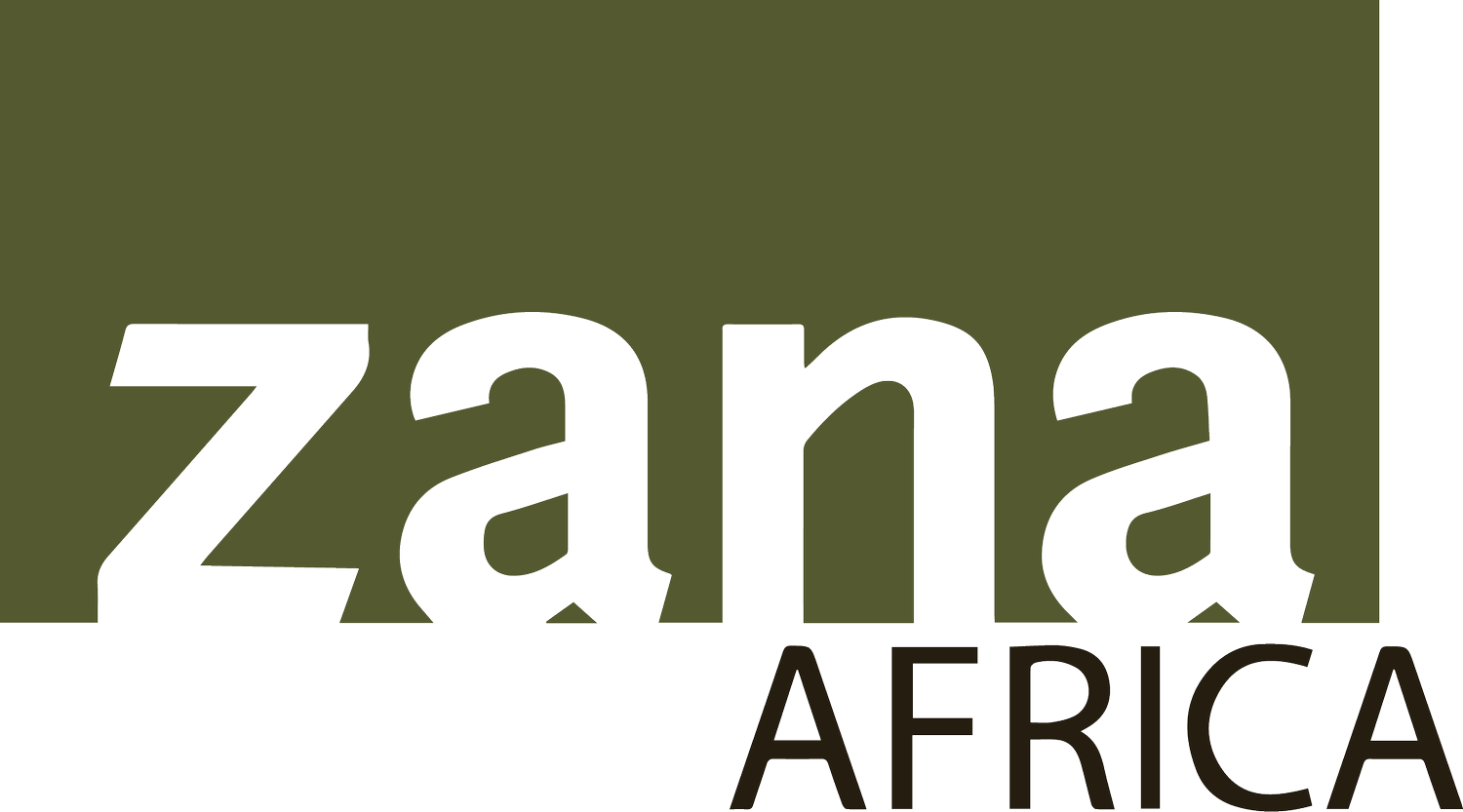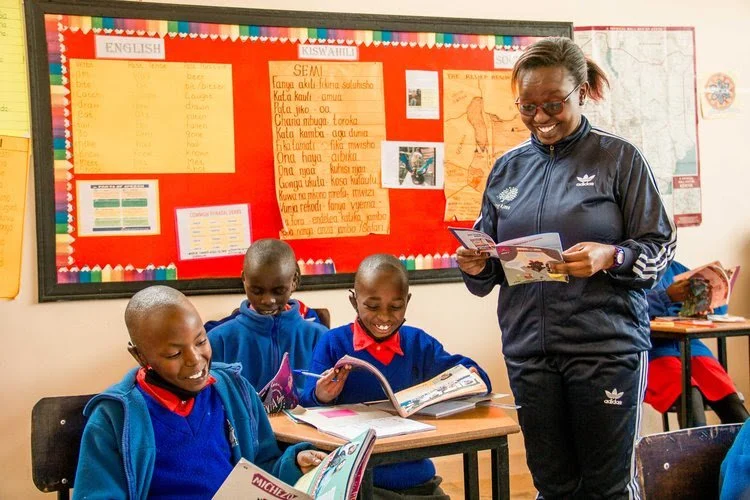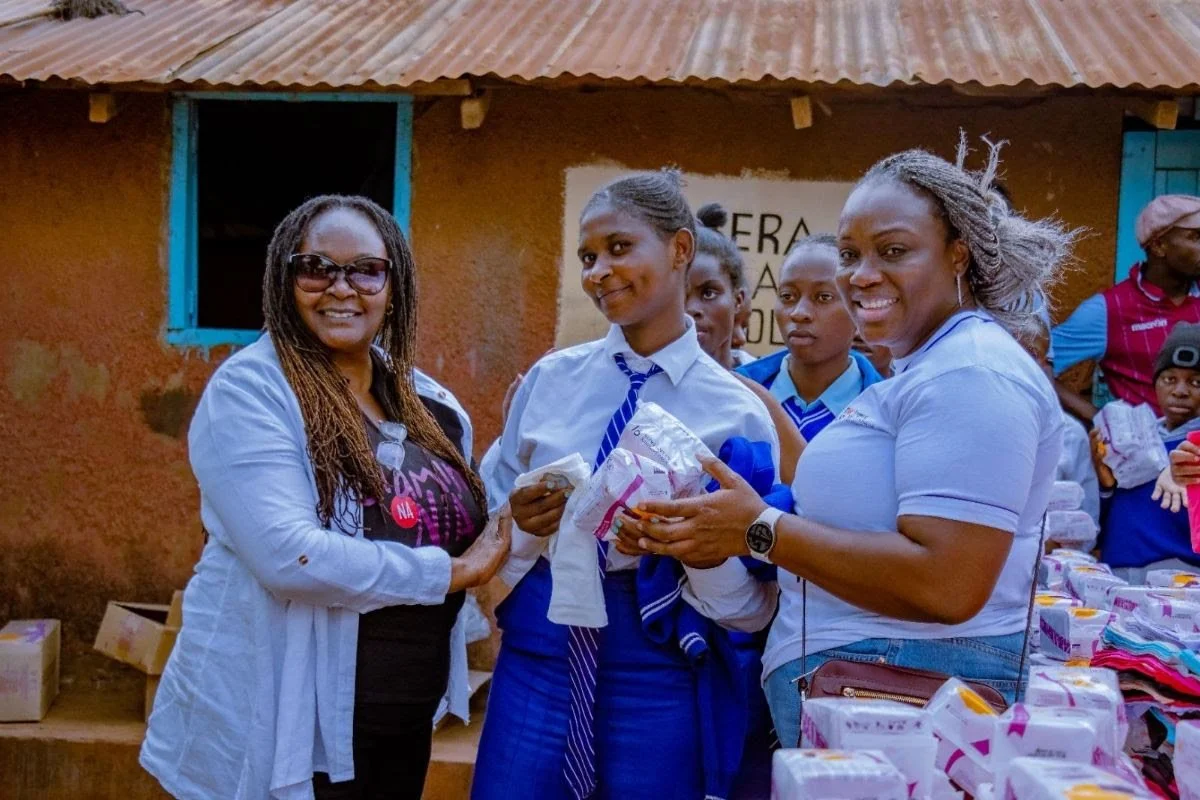2025 Mid-year update: Look at what we’ve accomplished together!
We’re proud to share a few highlights from the first half of the year, and invite you to help us carry this momentum forward.
As we reach the midpoint of 2025, we’re reminded of the power of resilience and collective action. Even as the world grapples with deepening challenges and the dismantling of institutions like USAID, our commitment to showing up and driving impact has never been stronger.
Together, we’ve made bold progress.
Thanks to your belief in ZanaAfrica’s mission, we’re continuing to break down barriers that keep too many girls and women from accessing the health, education, and dignity they deserve. We’re proud to share a few highlights from the first half of the year, and invite you to help us carry this momentum forward.
Reaching Girls
Through our direct work with girls and our trusted community partners, we’ve already reached 7,052 adolescent girls in 2025 with critical reproductive health education and sanitary pads. In our after-school health clubs, girls are asking powerful, vulnerable questions, about teen pregnancy, gender-based violence, and their goals for the future.
Girls asked us:
How can I finish school when I am pregnant?
Does a tampon make one lose virginity?
Can a woman get pregnant if she has sex while on her period and the man is wearing a condom?
And they’re turning to us for answers, showing how critical it is to expand health education both in schools and through community-based programming to break cycles of marginalization and poverty.
Just $50 covers health education, sanitary pads, and underpants for two girls for an entire year.
Building a National Health Resource: Nia HealthLink
Our vision is for every Kenyan, whether in Nairobi, rural Homa Bay, or coastal Mombasa, to be able to ask a health question in private and get the trusted support they need at no cost and in real time. The Nia HealthLink is turning this vision into reality.
In just the past few months, our AI-powered chatbot and toll-free hotline exchanged over 2,400 messages with users, on topics ranging from HIV prevention to sexual violence to how to manage stress. Engagement from older users continues to grow.
Users asked us:
Where can I get PrEP in my area?
Why do boys have wet dreams?
I suspect I contracted an STI. Where do I get testing and treatment?
Nia Healthlink users are curious and they deserve accurate answers delivered with respect.
$250 supports one hotline operator for a month, ensuring hundreds of users can access real-time health information and access care across the country.
Your contribution unlocks: real conversations, real connections, real change.
Strengthening the Education System
We know lasting change requires systemic solutions. That’s why we’ve continued our national partnership with the Kenya Institute of Curriculum Development (KICD), scaling our rights-based SRHR curriculum across schools.
In collaboration with government and other key stakeholders, we conducted extensive field research in 104 schools across 8 counties, gathering insights from teachers, parents, learners, and education officers to understand the barriers and opportunities for teaching sexual and reproductive health education in school. These findings are being synthesized into a white paper that will guide national policy and training going forward.
We’re addressing the systemic barriers and trauma teachers themselves carry, so that they can better show up for their students with empathy and care.
$500 supports the training of one teacher to deliver this critical, rights-based education.
But to grow this work, we need sustainable funding. With your continued partnership, we can scale reproductive health education nationally through schools, community and mobile support.
We’re only halfway through the year, and there’s so much more to do. But if the first six months are any indication, our movement is strong—and it’s growing.
Thank you for walking with us, and with girls, every step of the way.
With appreciation,
Alison Nakamura Netter & Beatrice Wanjiku Jane


